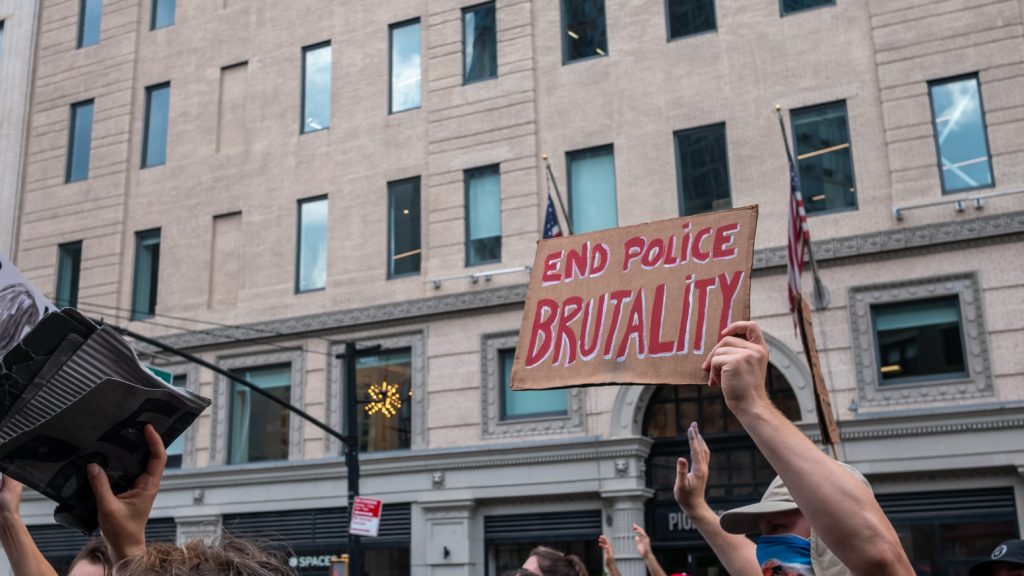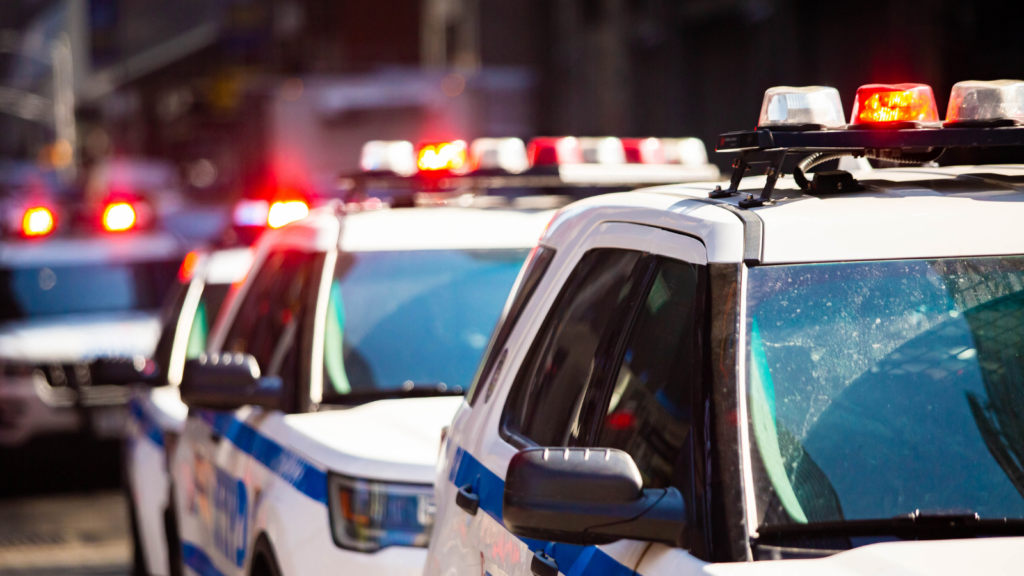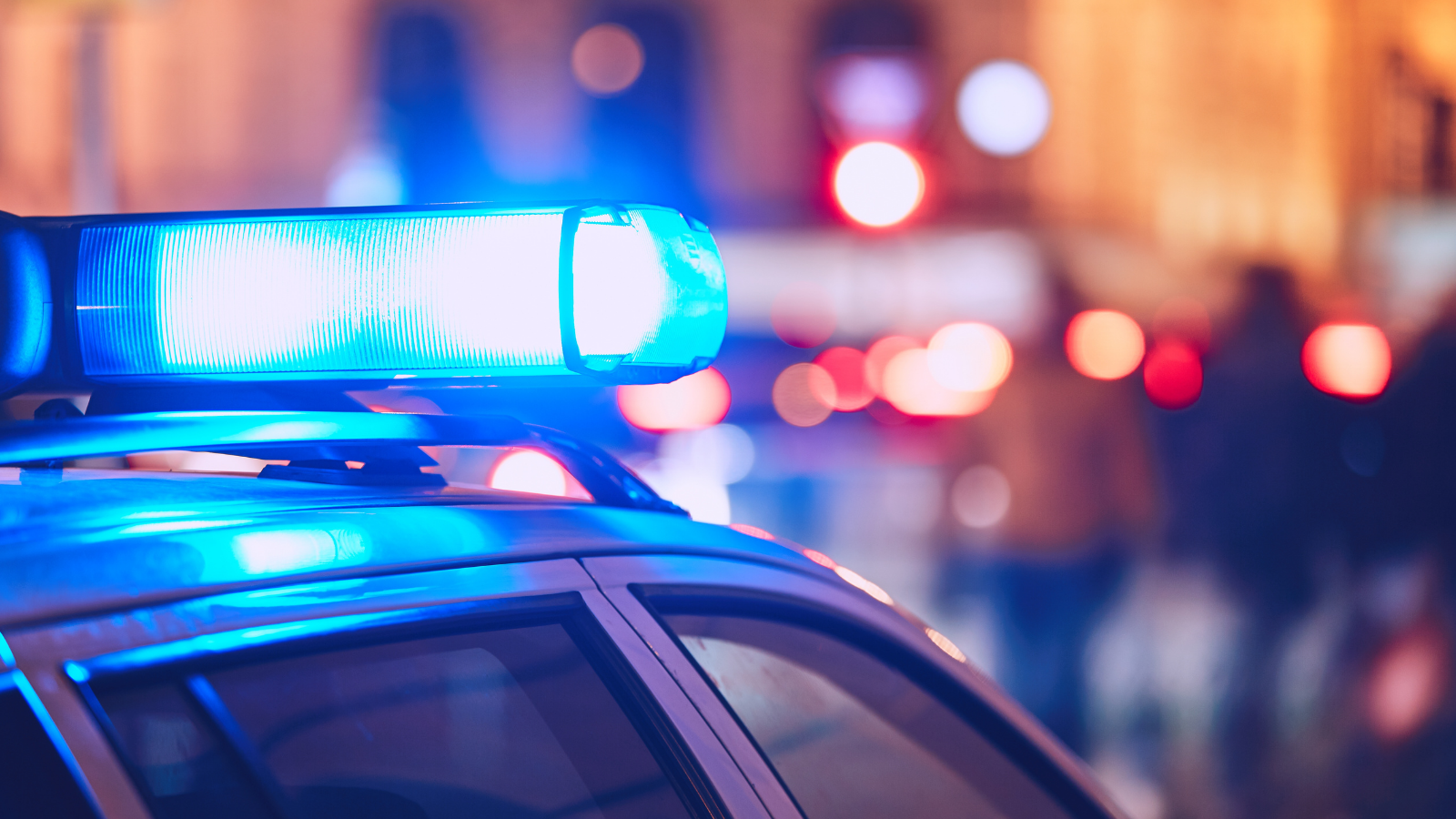*The following article was first submitted as an assignment for JOU2101.
A year ago, the death of George Floyd in Minneapolis sparked worldwide protests and demands for police reform. Dayton was no exception. Last year on June 18, 2020, less than a month after Floyd’s death, the Dayton City Commission announced its plan to reform Dayton’s police force.
The plan consisted of five working groups, each with a committee of 20-25 people who addressed different areas of reform: oversight; use of force; training; recruitment and promotion, and community engagement. Each group had members of the police, public defenders, and a wide range of citizens, ranging from African-American clergy to members of the New Black Panther Party.
Training is an area of police reform that has received a lot of attention. Dayton City Commissioner Darryl Fairchild was co-lead of the training working group, along with City Commissioner Stacy Benson-Taylor. Their group focused on de-escalation and police using lethal force only as a last resort.
Myla Cardona-Jones, Juris Doctor (J.D.), the Faculty and Project Coordinator of the Law and Public Safety department at Sinclair Community College, agreed there was not enough de-escalation training. In Ohio, members of the police academy are required to go through the Ohio Peace Officer Training Activity (OPATA) to become officers.
“They are only required to do two hours of de-escalation training, and they have multiple hours of shooting and gun training,” she said. “I think that automatically installs this response that is going to be something that doesn’t necessarily involve those de-escalation tactics.”

The second and third areas of focus were implicit bias and cultural competency. Officers need to have the skills to recognize their own biases and to work with people from different cultures.
“A fourth area we identified was our police force and other police forces have a duty to intervene,” Fairchild said. “So if you think of the George Floyd case, our officers – those three officers that were standing there watching – would have had a duty to intervene and stop that. But what we realized is officers aren’t trained on how to do that.”
The committee took nine months to come up with 142 recommendations but even that may not be enough. Fairchild mentioned the death of 16-year-old Ma’Khia Bryant who was shot by police as she charged another teen with a knife on April 20, 2021, in Columbus, Ohio.
“The officer came right up, and immediately had to make a decision and fired his weapon,” Fairchild said. “The thing I know is that even though we looked at all kinds of ways to de-escalate and made recommendations of how officers could de-escalate…that officer probably acted exactly in line with what Dayton’s policy is. And so that incident makes me think: is there something more we can do around de-escalation?”
Cardona-Jones had a number of colleagues on the committee. When asked about her opinion of the reform plan, she said: “I don’t know that they are moving in a super speedy direction towards some of the changes. I don’t really know what has happened since those committees were put together.”
She thought they broke down the areas of reform in a thoughtful and intentional way but there has been a lot of conversation and not a lot of action.

When Fairchild was interviewed on May 5, he said: “Now we’re putting in place a team to help implement [the recommendations] and to monitor the implementation.”
The implementation committee met for the first time the week before. Each group identified three people who wanted to continue on the work and will be working directly with the police on the recommendations.
Besides training reform, both Fairchild and Cardona-Jones stressed the importance of community engagement. Cardona-Jones spoke about how police officers are not required to live in the city they work for and the importance of spending time in the community they serve.
“Law enforcement needs to do a better job of being present when things aren’t bad,” she said.
This also would include changing the requirements it takes to become a police officer. Many men of color have criminal backgrounds due to coming from communities that were overly policed, leading to a distrust of the police. It is a difficult cycle to break but the Dayton community is looking forward to seeing what changes are to come.
Rachel Rosen
Reporter

